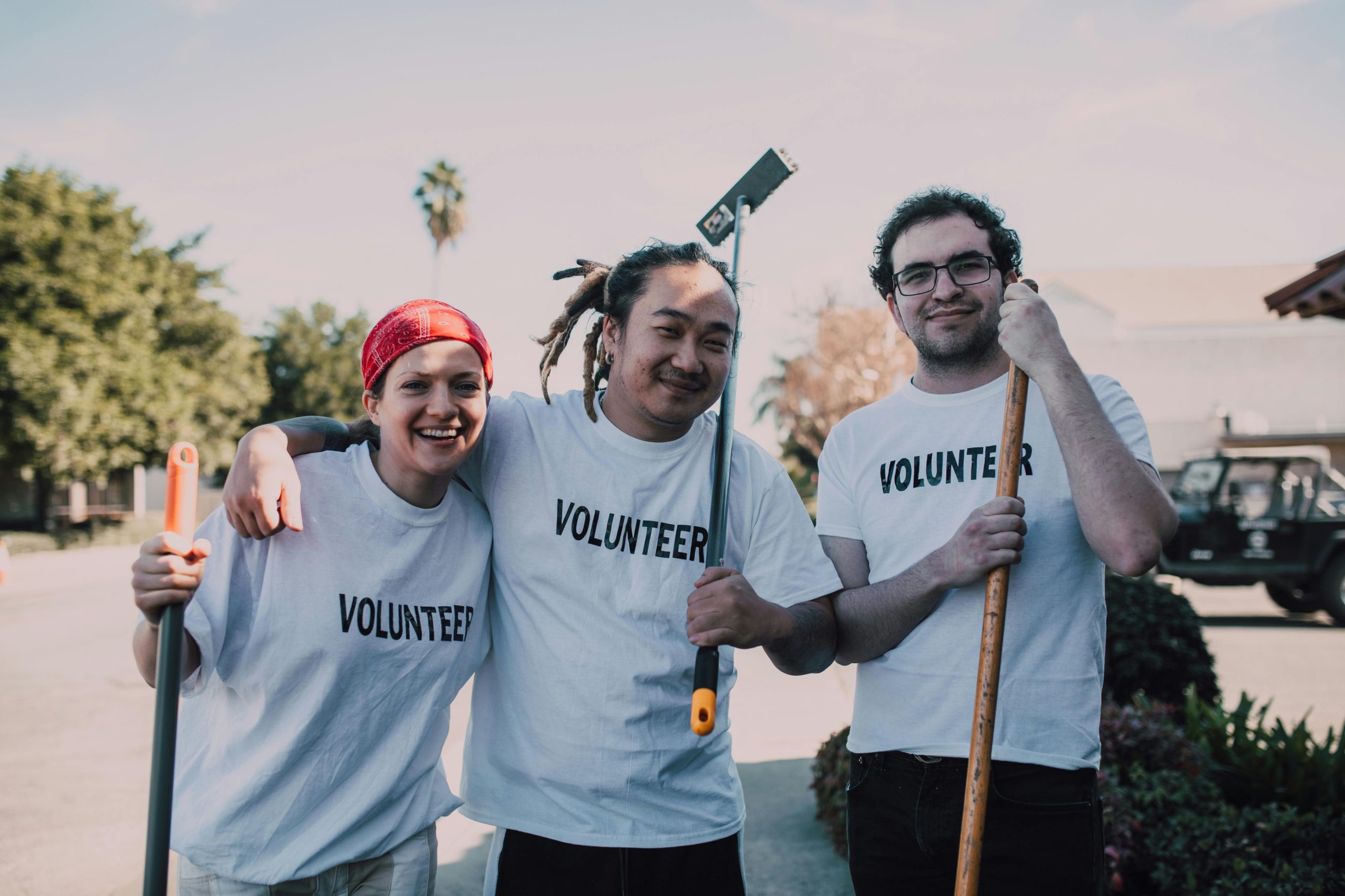Ever feel like you don’t really know the people you work with every day?
Building strong connections within a team can be challenging, especially when interactions feel forced or superficial.
Icebreaker games like ‘Name That Person’ and ‘Who Am I?’ offer fun and engaging ways to learn more about your colleagues’ personalities, interests, and backgrounds.
In this blog, we will explore a variety of games and activities designed to break the ice, build trust, and enhance team spirit among adults, both in-person and virtually.
Ice Breaking Games to Get to Know Each Other

Ice breaking games are a fantastic way to ease tension and foster a comfortable environment among team members who may not know each other well. These games are designed to be quick and effective, ensuring that everyone can participate without feeling pressured. For instance, ‘Two Truths and a Lie’ is a classic icebreaker that encourages participants to share interesting facts about themselves, with a twist of fiction. This game not only sparks curiosity but also leads to surprising revelations that can break the ice effectively. Another quick game is ‘Whose Story is it?’, where participants tell a mix of personal stories, and others guess who the story belongs to. This can be particularly engaging and helps team members to connect on a personal level quickly.
Additionally, ‘Find Your Pair’ and ‘Trading Card Icebreaker’ are fun icebreaker games that involve finding similarities or matching information with others, which can quickly warm up the group. These games are:
- Easy to set up: They require minimal preparation and can be executed swiftly.
- Highly interactive: Encouraging everyone to participate and communicate openly.
- Great for large or small groups: Adaptable depending on the size of the team.
Such activities not only help team members learn about each other in a fun way but also lay a foundation for better communication and understanding within the team. By incorporating these icebreaking strategies, teams can transition from awkward introductions to meaningful interactions, paving the way for a more cohesive and friendly work environment.
Engaging Get to Know Each Other Activities for Adults

For adults in a professional setting, engaging in get-to-know-each-other activities can transform mundane introductions into exciting opportunities to discover more about each other’s personalities, backgrounds, and work styles. One effective activity is the ‘Life Timeline’ where participants sketch significant events in their lives on a timeline. This visual representation helps others quickly understand key experiences and periods that have shaped each colleague’s life and decisions. Not only does this activity provide deeper insights into individual journeys, but it also opens up avenues for conversations that might not occur in regular work scenarios.
Another dynamic activity is the ‘Personal Logo’ creation, where each team member designs a logo that represents something personal about themselves. This could be a hobby, a dream, or an important life philosophy. Elements of creativity and personal expression in this activity make it a great way to foster connections and offer insights into each other’s values and interests. Participants can then share and explain their logos, providing a fun and artistic way to open up about personal identities:
- Encourages creativity: Pushing colleagues to think outside the box.
- Builds personal connections: Sharing personal symbols creates a sense of intimacy.
- Cultivates appreciation of diversity: Showcases the unique backgrounds and perspectives within the team.
Additionally, the ‘Map Your Origin’ game invites participants to share where they come from by placing pins on a map, either physical or digital. This not only highlights geographical diversity but also sparks conversations about cultural backgrounds, travel experiences, and personal stories linked to specific locations. Such activities are especially powerful in larger settings where people from various regions come together, helping to build a more inclusive and understanding work culture. By engaging in these thoughtful and creative activities, team members can form more meaningful connections, paving the way for a more cohesive and collaborative work environment.
Virtual Games to Get to Know Coworkers
In the realm of remote work, virtual games have become a cornerstone for building connections among coworkers who may never meet face-to-face. Virtual icebreakers are particularly effective, as they are designed to be engaging and fun while facilitating deeper personal connections. For instance, a popular game is the Virtual Escape Room, where team members must collaborate to solve puzzles and escape a virtual room. This game not only breaks the ice but also enhances team coordination and problem-solving skills. Another engaging option is the Online Trivia, which can be tailored to the interests of the team, whether it’s general knowledge, industry-specific questions, or fun facts about coworkers. These games help to:
- Promote teamwork: Encouraging collaboration and communication.
- Spark engagement: Making virtual meetings more interactive and less monotonous.
- Provide insights into coworkers’ personalities and thinking styles: Offering a deeper understanding of each team member’s unique traits.
Beyond just fun and games, these virtual activities are critical in maintaining team morale and cohesion in a remote setting. Games like ‘Guess Whose Workspace’ offer a peek into each other’s home office setups, adding a personal touch to remote interactions. Similarly, ‘Two Truths and a Lie’ adapted for virtual play, allows team members to share interesting facts about themselves, fostering personal connections that are crucial for a cohesive team environment. These activities are not only simple to organize but also incredibly versatile, adapting to different group sizes and preferences. By integrating these virtual games into regular team interactions, leaders can ensure that their teams remain connected, engaged, and motivated, despite the physical distances that separate them. This approach not only enhances the work culture but also contributes significantly to team productivity and satisfaction.
Energizing Games to Boost Team Spirit
To infuse energy and vibrancy into team meetings or group sessions, incorporating energizing games can be a transformative strategy. These games not only facilitate getting to know each other but also boost the team spirit significantly. One such game is Non-verbal Improv, where team members perform actions based on post-it notes without speaking. This activity challenges team members to communicate effectively through gestures and expressions, fostering a fun and inclusive environment. It’s a great way to break down barriers and inject humor into the team dynamics. Energizing games like these are particularly useful in:
- Breaking the ice in new or rigid team settings.
- Raising smiles and laughter, which naturally enhances team spirit.
- Encouraging non-verbal communication skills, crucial in understanding and cooperation.
Another dynamic game to consider is ‘Group Order’, where team members line up according to different criteria, such as distance from work or number of countries visited. This game not only serves as a light physical activity but also sparks conversations and shared laughter over the diverse backgrounds within the team. Such activities are essential in:
- Promoting physical movement which can re-energize a team during long sessions.
- Facilitating informal sharing, which can lead to deeper personal connections.
- Creating a sense of commonality and team unity, as members discover similarities and shared experiences. By incorporating these energizing games into regular team interactions, leaders can transform mundane meetings into lively, engaging sessions that leave team members feeling more connected and invigorated. This approach not only boosts morale but also enhances overall team productivity and satisfaction, making it a valuable addition to any team-building toolkit.
Trust Building Games for Stronger Team Bonds
Trust is the cornerstone of any successful team, and integrating trust-building games can significantly enhance team dynamics and cooperation. Activities such as ‘Trust Falls’ where a person deliberately allows themselves to fall, relying on the group to catch them, can dramatically boost trust levels. Similarly, ‘Blindfolded Obstacle Navigation’, where teammates guide a blindfolded person through an obstacle course, requires clear communication and trust in each other’s instructions. These activities are essential because they:
- Encourage vulnerability: Participants must show trust in their teammates’ intentions and capabilities.
- Highlight the importance of communication: Clear instructions are vital, mirroring workplace scenarios where clear communication can lead to better outcomes.
- Build inter-reliance: These activities make it clear that every team member plays a crucial role in the success of the group.
Another powerful trust-building activity is the ‘Minefield’ game, where team members must navigate through a setup of obstacles relying solely on the verbal guidance of their partners. This activity not only strengthens trust but also enhances listening skills and patience. Engaging in regular trust-building activities can transform the team’s dynamic, making the workplace more collaborative and supportive. The benefits of these activities extend beyond the games themselves, fostering a culture where trust and mutual respect are the norms. Benefits include:
- Enhanced teamwork: Trust exercises lead to better collaboration among team members.
- Reduced conflict: With increased trust, teams can resolve conflicts more effectively.
- Increased transparency: Trust-building games encourage openness, leading to a more transparent work environment.
By regularly incorporating these trust-building games, teams can create a more engaging and supportive workplace atmosphere, essential for long-term success and employee satisfaction.
Enhance Your Team’s Experience with Indulge’s Culinary Adventures
Enhancing your team’s experience during INDULGE’s culinary tours isn’t just about tasting delicious foods; it’s about actively engaging in team-building activities that foster stronger relationships and create memorable experiences. Imagine your team solving a fun culinary puzzle together or participating in a ‘cook-off’ challenge during a guided tour. These activities not only make the tour more interactive but also encourage collaboration and communication among team members. Here’s how integrating such team-building activities can transform a simple food tour into an unforgettable team event:
- Collaborative Cooking Challenges: Nothing brings people together like food. Participating in a cooking challenge under the guidance of local chefs allows team members to collaborate creatively, share responsibilities, and support one another towards a common goal.
- Interactive Food Hunts: Engage your team in a scavenger hunt that involves finding specific ingredients or dishes within Zurich’s rich culinary landscape. This activity requires teamwork, problem-solving, and a little competitive spirit, making the culinary journey exciting and engaging.
- Shared Storytelling Sessions: Each member shares stories or experiences related to their favorite foods or culinary adventures. This not only personalizes the experience but also strengthens interpersonal connections.
These team-building activities, woven into the fabric of INDULGE’s culinary tours, ensure that each team member participates actively and connects with others, turning a regular outing into a powerful team bonding opportunity. By the end of the tour, your team won’t just have discovered new flavors but will have also built a stronger, more cohesive unit, ready to bring their renewed energy and camaraderie back to the workplace.
Frequently Asked Questions
How to get to know your coworkers game?
Games like ‘Two Truths and a Lie’, ‘Whose Story is it?’, and ‘Trading Card Icebreaker’ are excellent for getting to know your coworkers. These games encourage sharing personal stories and interesting facts, which help team members learn about each other in a fun and engaging way.
How well do you know your team members’ game?
Games such as ‘Name That Person’ and ‘Who Am I?’ are designed to test and enhance how well you know your team members. These games involve guessing who a certain fact or story is about, which helps in understanding and remembering personal details about team members.
What is a game to get to know each other?
A great game to get to know each other is ‘Two Truths and a Lie’, where participants share two true statements and one false statement about themselves, and others have to guess which one is the lie. This game is fun and provides insights into each other’s lives, helping team members to connect on a personal level.








